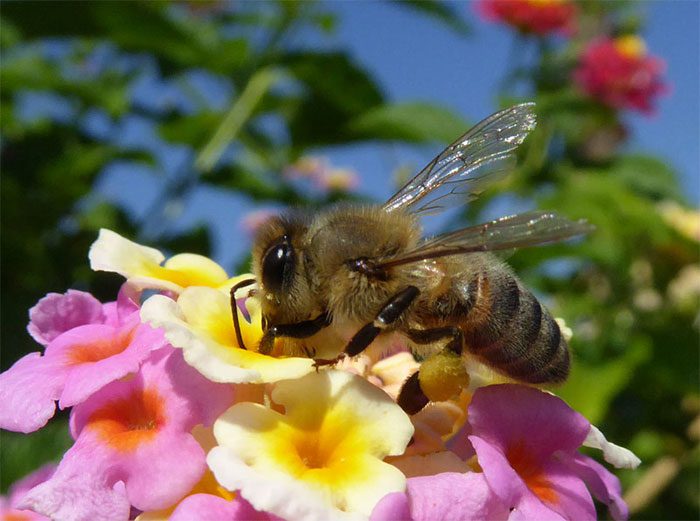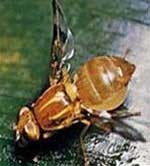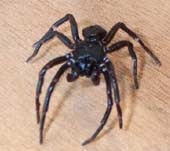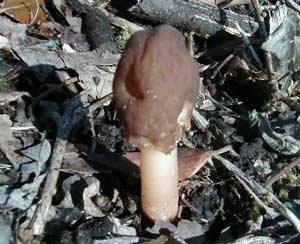Some insect species produce proteins when their bodies experience pain, functioning similarly to humans in regulating the brain’s perception of pain.
For a long time, we considered insects to be “mindless” creatures, merely living by instinct and reacting robotically to their surroundings.
However, the more we observe, the more scientists discover the surprisingly complex behaviors of insects, from bees communicating through dance to ants collaborating while working together. Now, we have credible evidence that these tiny creatures can also feel pain.

Insects can also feel pain just like humans.
According to the literature, insects exhibit reactions and a tendency to avoid contact with potential threats that could harm their bodies. This stems from the scientific concept of nociception, which refers to the perception of pain in insects.
“We wondered whether insect brains contain neural mechanisms that allow them to experience pain, rather than just basic awareness,” stated Professor Matilda Gibbons, a neuroscientist from Queen Mary University. “For humans, a signal indicating pain can even be modulated by neural signals from the brain.”
Using soldiers on the battlefield as an example, Professor Gibbons noted that sometimes they have to use opioids or strong painkillers to temporarily forget physical pain, simply because these substances can block sensory signals from the brain.
To investigate further, Professor Gibbons and her colleagues reviewed scientific literature and found evidence suggesting that such mechanisms exist in insects.
Specifically, some species produce proteins when their bodies endure pain, functioning similarly to humans in regulating the brain’s perception of pain.
Behavioral evidence also indicates that insects have unique responses, seen as reactions, when they repeatedly encounter harmful agents affecting both their peripheral and central nervous systems.
In light of these findings, the research team concluded that insects possess the ability to control their central nervous system based on behavioral, molecular, and anatomical neurobiological evidence. “Such bodily control suggests that insects do experience pain”, the team wrote in the journal Biological Sciences.
However, since insects constitute a large and diverse group, the complexity of these pain experiences varies significantly.




















































